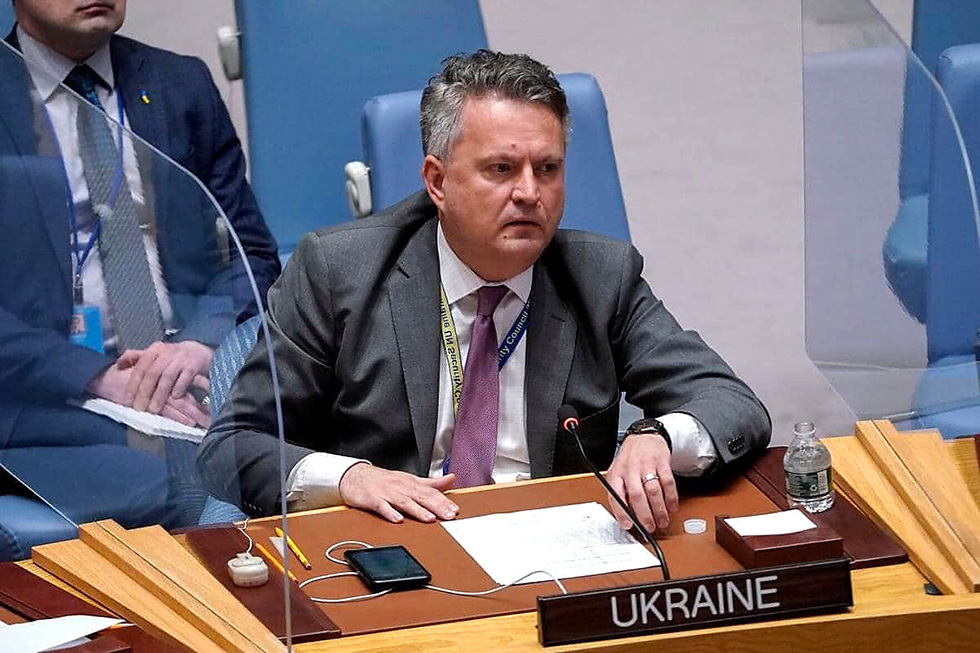Ukraine’s Deputy FM: U.S. to Push for Reform of UN, Not Its Dissolution

First Deputy Foreign Minister of Ukraine Sergiy Kyslytsya has said he is confident that the United States will seek to reform the United Nations rather than dissolve it, following remarks made by U.S. Ambassador-designate to the UN, Mike Waltz, The Gaze reports.
In a post on X, Kyslytsya reacted to Waltz’s testimony during his Senate confirmation hearing, where the former national security adviser vowed to advocate for UN reform, calling the organization “bloated, inefficient, and overly politicized.”
“At the same time, we are not talking about ‘dissolving’ or ‘abolishing’ the UN,” Kyslytsya wrote. “As I noted in my recent interviews at the end of my tenure as Permanent Representative to the UN, the U.S. as a permanent member of the UN Security Council will continue to use the organization as one of its key platforms.”
Kyslytsya welcomed the likely shift in U.S. policy toward refocusing the UN on its original mandate:
“And I fully support this — the U.S. will use the UN with an emphasis on returning to the Organization’s primary mandate, rather than promoting a sublimation of Charter goals through a myriad of functions and activities, all while being impotent in preventing new armed conflicts and acts of aggression.”
Waltz underscored the need for the UN to reclaim its founding mission:
“We must have one place in the world where everyone can speak,” he said. “But after 80 years, it has drifted away from its core mission — the making of peace.”
Kyslytsya predicted that starting in 2025, the UN “will never be the same,” even without deep structural reforms, particularly in the run-up to the appointment of a new UN Secretary-General in the next 4–5 years.
He emphasized that Ukraine will have to work hard not to be lost among the 192 other member states and more than 50 ongoing global conflicts. Still, he said, the voice of the United States in the UN will remain strong, especially when it comes to restoring the UN’s fundamental peacekeeping purpose — a responsibility that now rests, he noted sharply, “on four permanent Security Council members and, de facto, on today’s Moscow dictator.”
Kyslytsya noted that the UN was never meant to be a harmonious or fully democratic body, and today’s debates reflect a deep evolution in the global understanding of the role and power of non-permanent members, especially in light of Russia’s aggression against Ukraine.
“The situation with Russia’s war against Ukraine, carried out by a country claiming permanent member status, has forced 143 countries in the General Assembly to deliver a firm and resolute rebuke of its actions,” he wrote.
Read more on The Gaze: UN: Crimes Against Children Rise in Ukraine